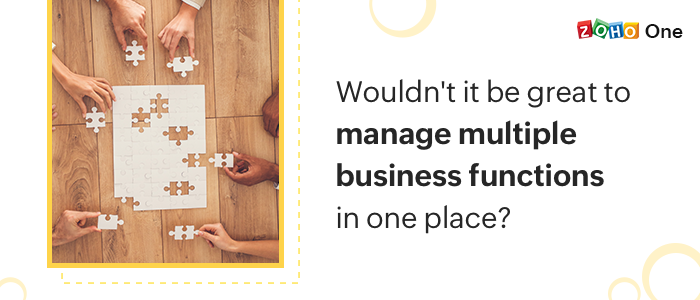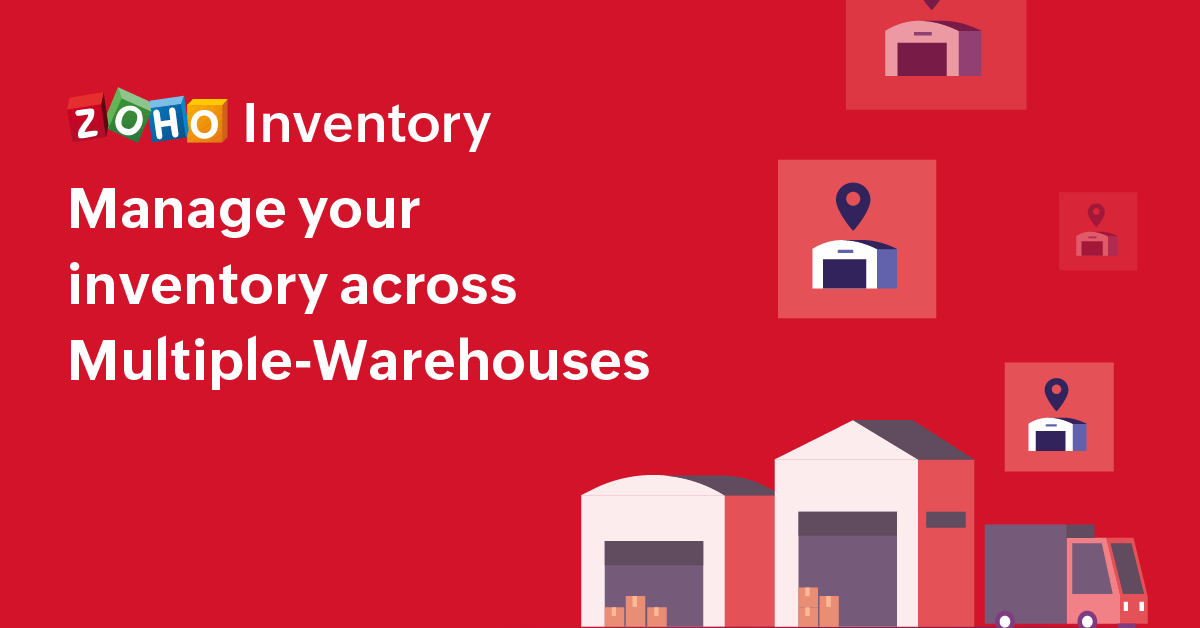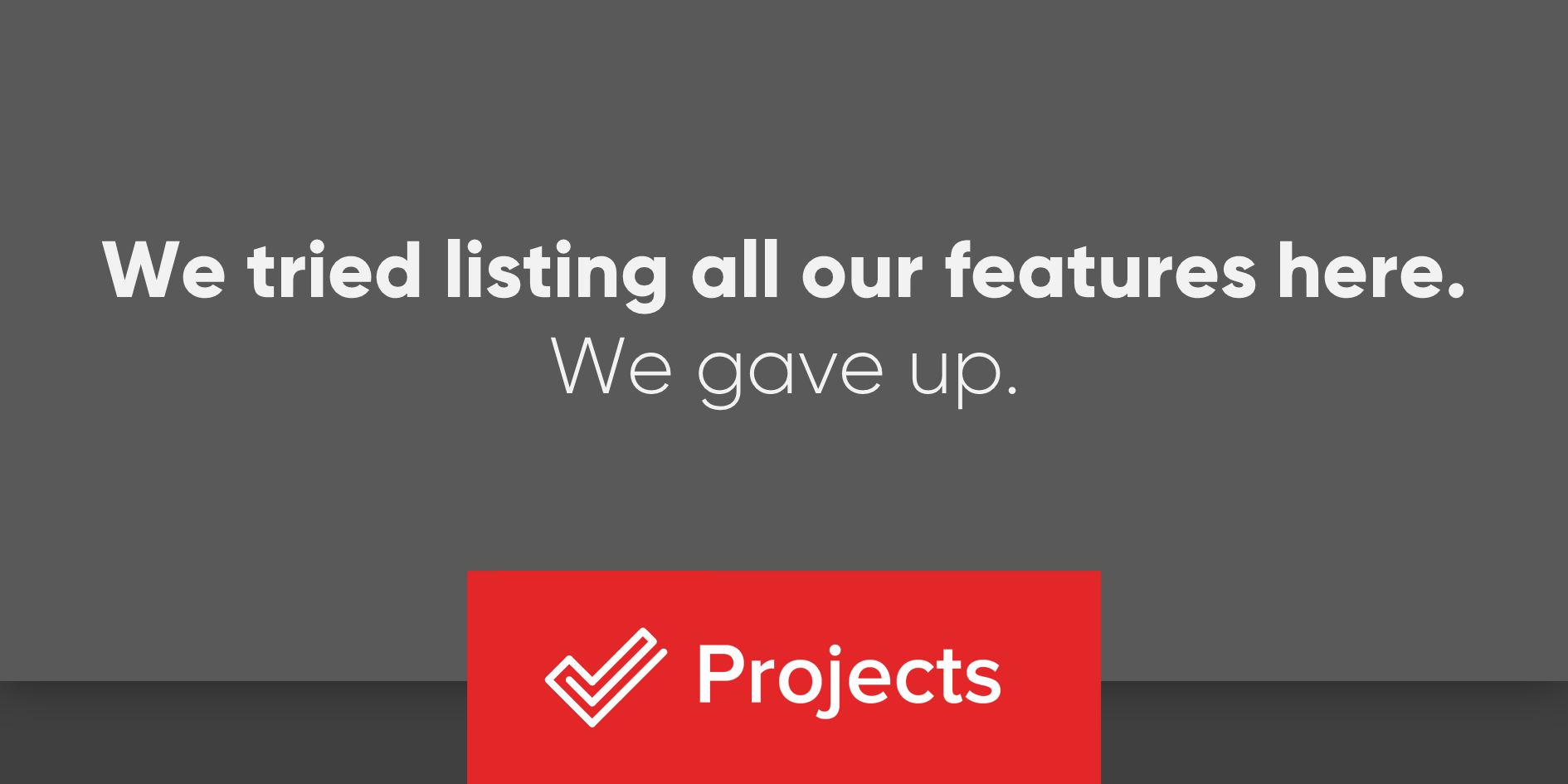
Affiliate Disclosure: We may earn a commission from Zoho purchases at no extra cost to you. We only recommend tools we've actually implemented for clients. This analysis is based on real-world experience with 500+ ERP implementations.
Why High-Quality Content Beats "Tricks"
Search engines reward useful, high-quality content, not manipulative tactics. Google's algorithms continually evolve to surface relevant, authoritative content while penalizing manipulative tactics like keyword stuffing or hidden links. Quality content improves dwell time, encourages backlinks, and builds trust with both users and search engines.
Instead of trying to "game" Google, focus on creating pages that answer real questions and showcase expertise. This article explains the major ERP and SaaS trends for 2025 – cloud adoption, AI integration, real-time data, personalized interfaces, sustainability, and more – and then offers actionable guidance to build ethical content that earns organic traffic.
Trend 1: Cloud ERP Becomes the Norm
Cloud solutions now dominate the ERP market and will continue to do so in 2025. Companies choose cloud ERP for scalability, automatic updates, and lower IT overhead. Entry-level packages help small businesses get started quickly while remaining flexible for future growth.

The Rise of Two-Tier ERP Strategies
A two-tier ERP strategy – where headquarters maintain a tier-1 system (like SAP or Oracle) and subsidiaries use cloud-based tier-2 solutions – is gaining popularity because it reduces cost and provides agility. This approach allows:
- Centralized control at headquarters
- Flexibility for subsidiaries to use cloud ERP (like Zoho One)
- Cost savings compared to extending enterprise ERP to all locations
- Faster implementation for new acquisitions or divisions
Content Idea for Your Site:
Create a page explaining the pros and cons of cloud ERP, including how two-tier strategies help SMBs. Use real-world examples and link back to Zoho products when appropriate. Highlight case studies of companies using Zoho One as their tier-2 solution.
Benefits of Cloud ERP Adoption
- Scalability: Add users and features without major infrastructure changes
- Automatic Updates: Always have the latest features and security patches
- Reduced IT Overhead: No need for dedicated servers or IT staff to maintain them
- Accessibility: Access your ERP from anywhere, anytime, on any device
- Security: Cloud providers invest heavily in security infrastructure
- Disaster Recovery: Built-in backup and recovery capabilities
Trend 2: AI-Powered ERP and Automation
Artificial intelligence is becoming a core component of ERP systems. AI-enabled ERP automates routine tasks, improves data analysis, and enhances forecasting. Benefits include automated processes and workflows (reducing manual effort), better insights from analytics (leading to data-driven decisions), enhanced customer and employee experiences via chatbots and virtual agents, and predictive maintenance for optimized manufacturing operations.
 Zia AI - Intelligent automation and predictive analytics for sales teams" width="800" height="450" loading="lazy" decoding="async" style="max-width: 100%; height: auto; margin: 2rem 0; border-radius: 8px;">
Zia AI - Intelligent automation and predictive analytics for sales teams" width="800" height="450" loading="lazy" decoding="async" style="max-width: 100%; height: auto; margin: 2rem 0; border-radius: 8px;">
Future AI Trends: Hyperautomation and Explainable AI
Looking ahead, AI trends include hyperautomation, cross-platform AI capabilities, and greater emphasis on explainable AI and ethics. AI adoption will also democratize as user-friendly tools become available. These developments mean businesses can leverage AI without extensive technical expertise.
For example, Zoho's AI assistant Zia has evolved to include:
- Zia Agents: Autonomous task execution with minimal human intervention
- Context Awareness: Deep understanding of business processes
- Proactive Automation: Anticipates needs and takes preventive actions
- Cross-App Intelligence: Seamless operation across all Zoho applications
Content Idea:
Write an article detailing how AI augments ERP, using examples from Zoho CRM's Zia features and contrasting them with competitors. Include a section on ethical AI use and emerging trends like explainable AI.
AI Democratization: Accessible Intelligence
The democratization of AI means that businesses no longer need data scientists or extensive technical teams to benefit from artificial intelligence. Modern ERP systems like Zoho One include AI features that are:
- Pre-configured and ready to use out of the box
- Context-aware and learn from your business data
- Accessible through natural language interfaces
- Integrated seamlessly into existing workflows
Trend 3: Seamless Integration and Real-Time Data
Modern businesses expect their ERP systems to integrate with other software (CRM, document management, ecommerce, IoT devices). Integrated software reduces manual data entry and errors by centralizing information. Real-time data access enables faster, more informed decision-making; business intelligence tools can handle large data volumes and deliver insights instantly.

Key Integration Benefits
- Eliminated Data Silos: All information flows between systems automatically
- Reduced Errors: No manual data entry means fewer mistakes
- Improved Efficiency: Automated workflows across systems save time
- Better Analytics: Comprehensive view of business operations
- Enhanced Customer Experience: Unified customer data across touchpoints
Content Idea:
Develop a guide showing how SMEs can connect ERP with CRM, accounting, and ecommerce platforms. Highlight real-time dashboards and analytics features. Provide case studies of companies using Zoho integrations to streamline operations.
Real-Time Decision Making
Real-time data is critical for modern business operations. When your ERP integrates with your CRM, inventory system, and financial tools, you get:
- Instant visibility into inventory levels when processing orders
- Real-time financial data when making strategic decisions
- Live customer information across all departments
- Immediate alerts for critical business events
Trend 4: Personalized Interfaces and User Experience
Users increasingly demand customizable, intuitive interfaces. Personalized dashboards and low-code/no-code tools let employees configure ERP screens to match their workflows. AI-driven assistants (e.g., conversational interfaces) can further improve usability and adoption.
The Importance of User Adoption
Even the most powerful ERP system is useless if employees don't use it. That's why user experience has become a critical differentiator. Modern ERP systems focus on:
- Personalization: Users can customize dashboards, fields, and workflows
- Intuitive Design: Clean interfaces that don't require extensive training
- Mobile Access: Full functionality on smartphones and tablets
- Role-Based Views: Each user sees only what's relevant to their job
- Conversational Interfaces: Ask questions in natural language instead of navigating complex menus
Content Idea:
Create an interactive comparison of different ERP UI approaches. Include screenshots, highlight where Zoho One excels, and provide tips for tailoring interfaces to specific roles (sales, finance, operations).
Low-Code/No-Code Customization
Modern ERP systems are embracing low-code and no-code platforms to allow users to customize their experience without programming knowledge. This trend enables:
- Business users to create custom workflows and reports
- Rapid prototyping of new processes
- Reduced dependency on IT departments
- Faster implementation of changes
Trend 5: Sustainability and ESG Considerations
Many businesses now incorporate Environmental, Social, and Governance (ESG) metrics into their strategies. ERP systems can extract key sustainability data, improve resource management, and track environmental impacts. Cloud providers' large investments in security and compliance also support ESG goals.
ERP's Role in ESG Reporting
Modern ERP systems help businesses track and report on ESG metrics:
- Carbon Tracking: Monitor energy consumption and carbon footprints
- Supply Chain Transparency: Track supplier compliance and ethical sourcing
- Resource Management: Optimize inventory and reduce waste
- Compliance Reporting: Generate reports for regulatory requirements
- Social Metrics: Track employee satisfaction, diversity, and safety
Content Idea:
Publish a blog exploring how ERP solutions support sustainability. Discuss features such as carbon tracking and supply-chain transparency. Compare how various vendors (including Zoho) enable ESG reporting.
Cloud Infrastructure and Sustainability
Cloud ERP providers are investing heavily in green infrastructure:
- Renewable energy for data centers
- Energy-efficient server architectures
- Reduced need for on-premise hardware (lower e-waste)
- Shared infrastructure (better resource utilization)
Trend 6: Remote Work and New Work Models
The shift to hybrid and remote work continues. ERP systems combined with document management enable secure access to data from anywhere. Mobile ERP apps provide real-time access to tasks like expense reporting and order tracking, fostering productivity for distributed teams.
Mobile ERP: Access Anywhere, Anytime
Modern ERP systems must support remote work through:
- Mobile Applications: Full-featured apps for iOS and Android
- Web Access: Browser-based access from any device
- Offline Capabilities: Work without internet, sync when connected
- Security: Multi-factor authentication and encryption
- Collaboration: Built-in communication and collaboration tools
Content Idea:
Craft content on remote-work best practices using ERP. Offer tips for maintaining security and collaboration when employees work from home. Highlight mobile features and integration with communication tools like Teams, Slack, or Zoho Cliq.
Document Management and Remote Access
ERP systems integrated with document management platforms enable:
- Secure document storage and sharing
- Version control and audit trails
- Automated document workflows
- Compliance with data protection regulations
Trend 7: Emerging Technologies and Future Predictions
Beyond 2025, ERP vendors are experimenting with autonomous solutions, blockchain integration, conversational AI, and open standards. These technologies aim to automate complex decision-making, enhance security, and improve interoperability.
Autonomous ERP Systems
The future of ERP may include fully autonomous systems that:
- Make routine decisions without human intervention
- Self-optimize based on business performance
- Predict and prevent issues before they occur
- Automatically adapt to changing business conditions
Blockchain Integration
Blockchain technology is being explored for:
- Supply chain transparency and traceability
- Secure financial transactions
- Smart contracts for automated agreements
- Immutable audit trails
Conversational AI and Natural Language Processing
Advanced conversational interfaces will allow users to:
- Query data using natural language
- Get insights through voice commands
- Interact with ERP systems like talking to a colleague
- Receive proactive recommendations and alerts
Content Idea:
Host a "future of ERP" series exploring these topics. Provide balanced commentary on benefits and challenges, positioning your site as a forward-thinking resource.
Implementing Ethical SEO Strategies
Instead of trying to "trick" Google, focus on user-centric content and SEO best practices:
1. Keyword Research
Identify questions your audience asks (e.g., "What is cloud ERP?", "Zoho vs competitors", "How to integrate AI into ERP"). Use these keywords naturally in titles, headings, and meta descriptions.
2. Comprehensive Content
Write in-depth guides, comparisons, and tutorials that answer user queries thoroughly. Use bullet points, tables, and visuals to enhance readability.
3. Internal Linking
Link related articles (e.g., from your Zoho CRM guides to your ERP trends page) to create a coherent site structure and help search engines crawl your pages.
4. Backlinks and Outreach
Share your articles on social media, guest blog on relevant sites, and encourage partners/clients to link back. High-quality backlinks improve authority and rankings.
5. Technical SEO
Ensure your site loads quickly, is mobile-friendly, and uses proper schema markup. Fix any broken pages (e.g., 502 errors) and submit a sitemap to search engines.
6. Transparency
Disclose affiliate relationships near CTAs to build trust. Avoid overly promotional language; instead, provide value and let users decide.
Conclusion: Building Sustainable Organic Traffic
The most sustainable way to increase traffic is to publish authentic, informative content that matches what people search for. By covering 2025 SaaS ERP trends like cloud adoption, AI integration, integration with other tools, personalized UX, sustainability, remote work, and emerging technologies, you position your site as a trusted resource.
Combined with ethical SEO strategies, this approach will attract visitors and encourage them to explore your recommendations. Whether you're evaluating Zoho One or other ERP solutions, focusing on quality content that answers real questions will always outperform manipulative tactics in the long run.
Ready to Explore Modern ERP Solutions?
If you're evaluating ERP systems for your business, consider starting with a Zoho One free trial. With 45+ integrated apps covering CRM, accounting, inventory, project management, and more, it's an excellent example of modern cloud ERP that addresses all 7 trends we've discussed.
Alternatively, explore individual Zoho applications if you need specific functionality.
Related Articles
- Complete Zoho CRM Implementation Guide 2025
- Zoho AI Automation with Zia in 2025
- Zoho One: Complete Business Suite Guide
- Zoho Workflow Automation: Save 15+ Hours per Week
- Explore All Zoho Applications